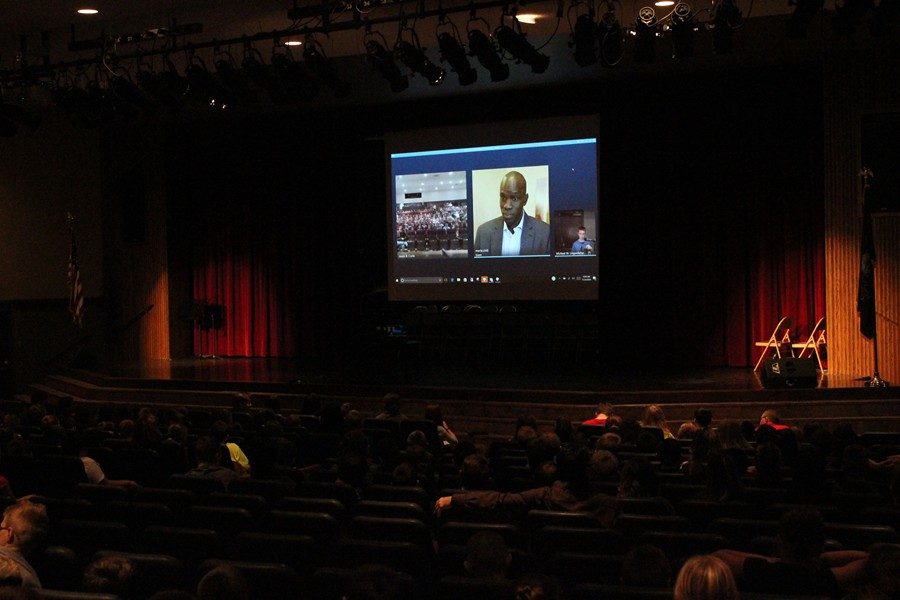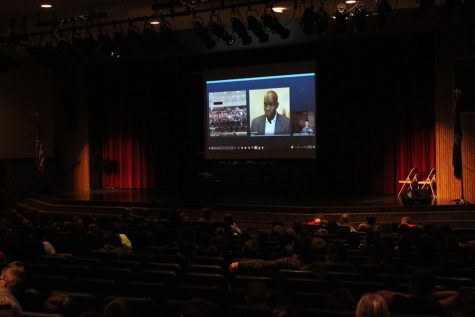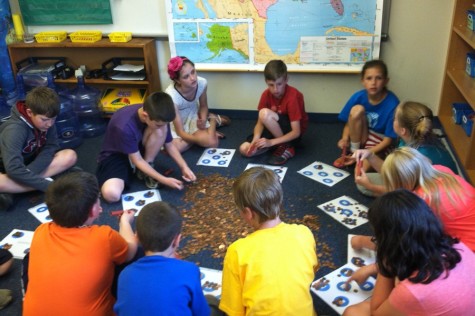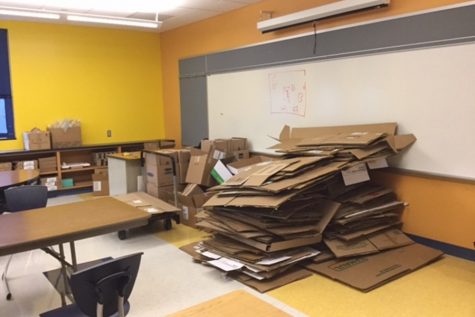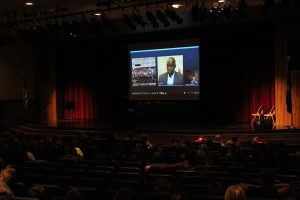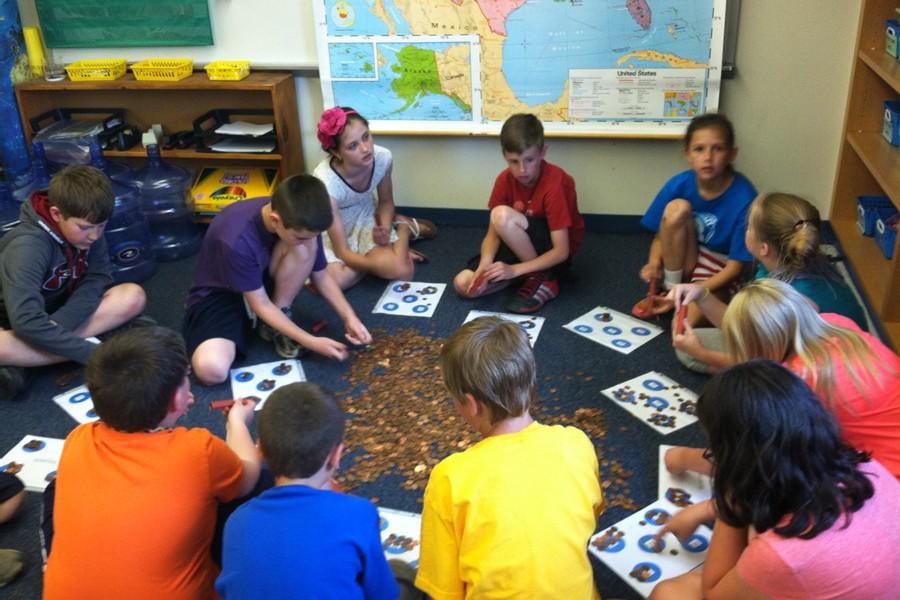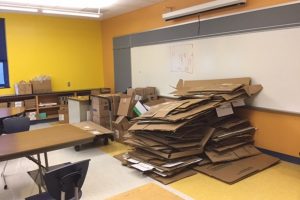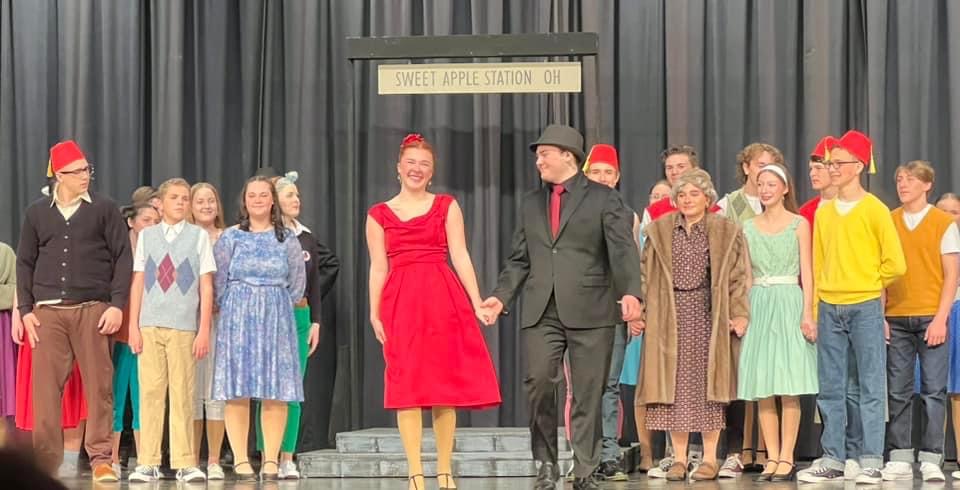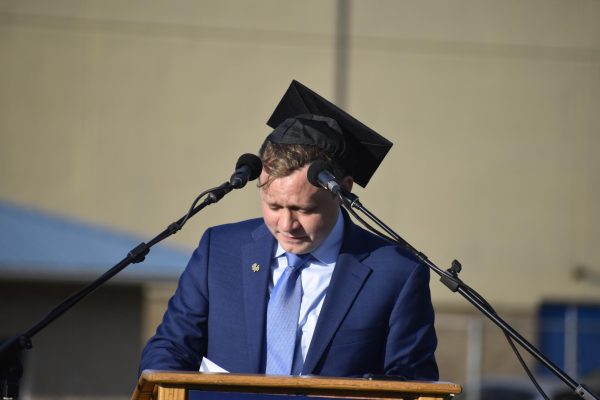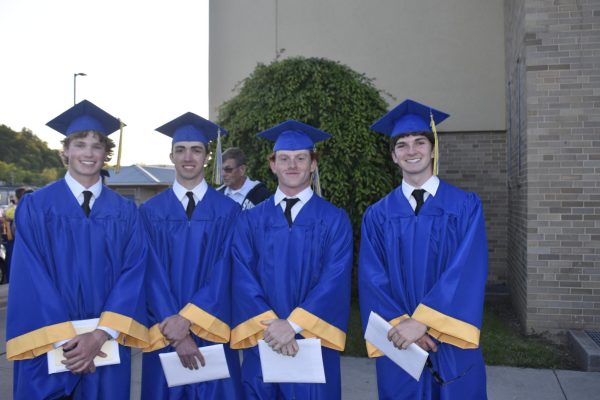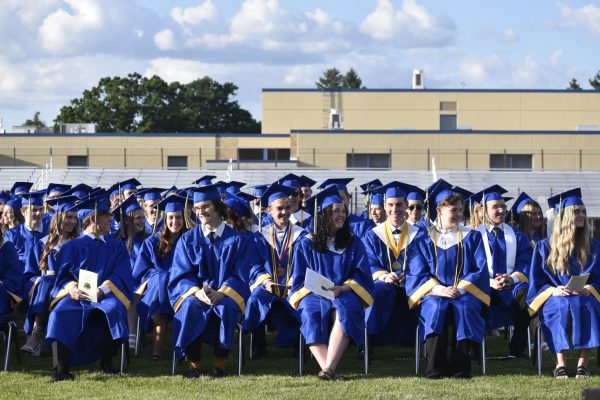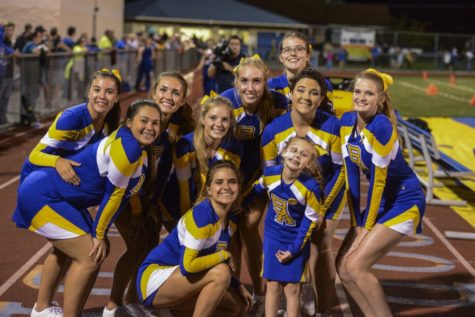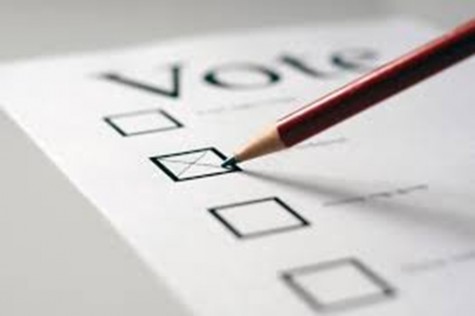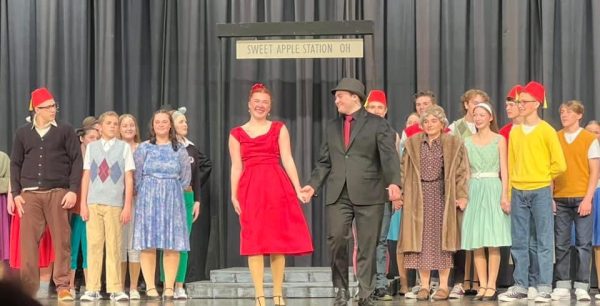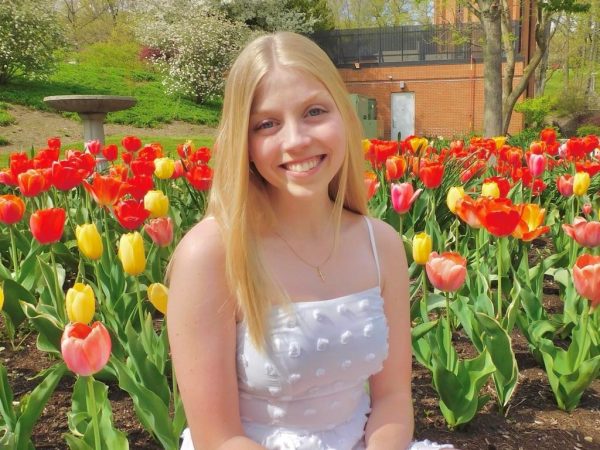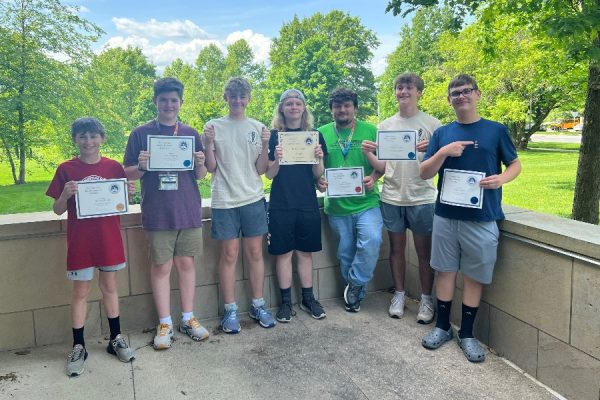B-A students meet with Water for South Sudan organizer
Salva Dut communicates with students via Skype to express gratitude
B-A students in grades 4-7 gathered in the auditorium to communicate with Salva Dut via Skype.
November 15, 2016
Four years ago, Salva Dut’s book A Long Walk to Water inspired Bellwood-Antis students to begin raising money for wells to be constructed in South Sudan.
Today, students who took part in the project, which was developed by teachers Ms. Tommie Murray and Mrs. Lori Crownover and has become a part of the fourth grade curriculum, were able to meet and speak to Dut via Skype to celebrate the success of the program at B-A.
Dut is the leader of a program called Water for South Sudan, which raises money to be used for digging wells in poor villages in his homeland.
Over the years, BASD students have exceeded their goal of $15,000, raising $18,000. It takes $15,000 to build a well.
“This project is so successful because it touches people’s hearts,” said Ms. Murray. “They can’t imagine there are people living in our world today who don’t have clean water. By reading the story, our students get a chance to see what it’s like to live in another person’s shoes. The thing I love most about the project is it teaches 10-year olds that even though they are kids they can still make a difference in the world.”
Students gathered in the high school auditorium, where they participated in the Skype session with Dut that was projected onto the big screen on the stage.
“(Water for South Sudan) decided to honor the students and arrange this Skype call,” said Ms. Murray. “Link computer Corporation gave us an additional $3,000 that put us over the top, and with that extra money, the Water for South Sudan project decided to honor the students and have this Skype session with them. We’re really fortunate because only one or two schools get to do this with (Dut) every year. He has a very busy schedule and often is not even in the country.”
Sarah Berkowitz, a 7th grader, feels that the Skype call was an amazing opportunity for all of the students.
We feel as if we have actually done something, being able to see the person that we are helping towards this goal to help Sudan.
— Sarah Berkowitz
“We feel as if we have actually done something, being able to see the person that we are helping towards this goal to help Sudan,” said Sarah.
Jayce Miller is in the same boat as Sarah, and she says that people are sometimes skeptical about things like this even though this is real. She thinks that having visual proof of what people are investing their time in is very important.
“It’s inspirational when you know it’s real and you can talk to the person who is your inspiration,” said Jayce.
Brielle Campbell, a 6th grader, feels that the skype call is not only good for the students, it’s also good for Salva Dut himself.
“Not only do they know that they are making a change, they know how thankful he really is about them raising enough money to build the well,” said Brielle.
In South Sudan, they do not have a lot of money. Sudan is one of the poorest countries in the world. Therefore, the water they use to bath, drink, watch clothes, or even use for the bathroom is dumped into the streets causing many illnesses. By building these wells is helps with the overall health of the nation. In turn, the Bellwood-Antis student body is saving lives.
In 1985, Suden fell under massive casualties during a civil war. Millions lost their lives, and millions attempted to flee for their lives into Ethiopian, Kenyan, and other camps. After years of war, in 2005 the Comprehensive Peace Agreement was signed. This document was meant to end the war, share oil revenues, and develop democratic governance countrywide. The Sudan people became very excited to celebrate their newly found independence on July 9, 2011.
Because of this dragged out war, there were many children left without homes and parents. So much so that they called the children “The Lost Boys of Sudan” because they were mostly boys. Salva Dut was one of these lost boys. Years later, Dinka from Tonj lead 1500 boys up across the Southern Sudan Desert to a Kenyan refugee camp.
Now that Dut has relocated to the United States of America, he started the Water for South Sudan in 2003. It is a non-profit organization that builds wells in South Sudan.


